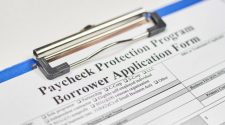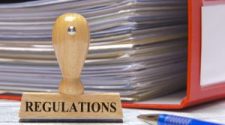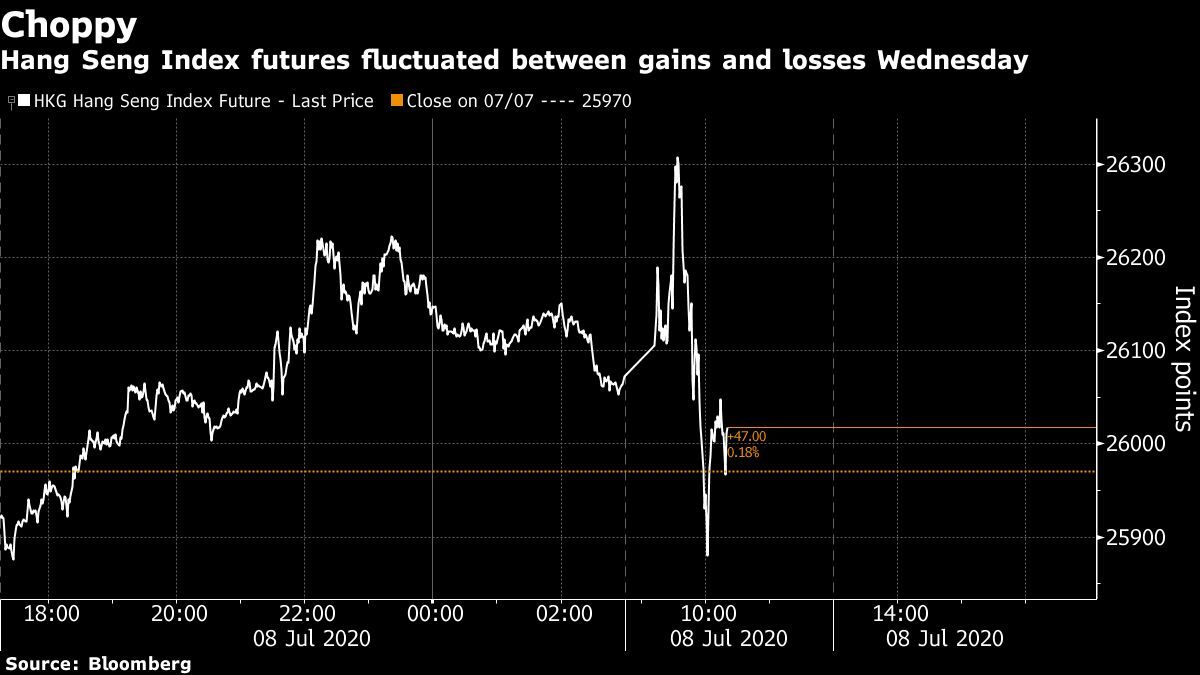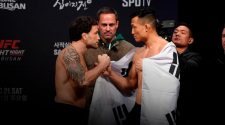(Bloomberg) — A proposal by some of Donald Trump’s advisers to undermine Hong Kong’s currency peg was met with skepticism by traders and analysts, who said such a move would be difficult to implement and risk hurting U.S. interests as much as it would punish China.
Doubts that the idea would gain traction within the Trump administration were reflected in markets on Wednesday, with the Hong Kong dollar holding in a tight range near the strong end of its trading band against the greenback. An increase in the Hong Kong dollar’s 12-month forward points suggested a slight pickup in hedging demand, but they remained well below a May peak.
Hong Kong dollar risk reversals — a gauge of trader sentiment in the options market — were also little changed, reflecting a lower probability of a peg break than during the height of the city’s protests last summer.
Hang Seng Index futures swung between gains and losses as stock investors digested the news, moving largely in line with regional equity gauges.
Shares of HSBC Holdings Plc, the biggest player in Hong Kong’s banking industry, fell as much as 3.1%. The Trump administration has been looking at ways to punish banks in Hong Kong, particularly HSBC, people familiar with the matter told Bloomberg News. The bank’s top Asia executive has come out in support of controversial national security legislation, drawing a rebuke from U.S. Secretary of State Michael Pompeo. Standard Chartered Plc, which has also publicly supported the law, slipped as much as 2.5%.
One reason the market reaction has been muted: The Hong Kong Monetary Authority holds $445.9 billion in foreign exchange reserves to defend the peg should it need to. A closely watched gauge of its reserve adequacy has edged down only slightly during the city’s year of political turmoil.
Here’s what people are saying about the Trump administration proposal:
Patrick Bennett, head of macro strategy for Asia at Canadian Imperial Bank of Commerce
It’s a fairly whacky idea that they would be able to force Hong Kong off the peg by some means. I’ve been against the idea that Kyle Bass and others trying to break the peg — that has been a spectacularly unsuccessful idea so far, and I expect it to be the same.
Stephen Innes, chief global market strategist at AxiCorp
Why this is bad not to mention an unlikely move: First, direct U.S. action against the peg could trigger China’s response by putting U.S. assets, including USTs or equities. Second, such a move could destabilize USD pegs elsewhere, including U.S. allies around the world, especially those in the Middle East. Third, the unthinkable instability that it would trigger in the USD-based global financial ecosystem could drive a selloff in US equity markets – an outcome abhorrent to the White House ahead of the November presidential election.
Xia Le, chief Asia economist at BBVA Hong Kong
It’s technically difficult to impose, and it’ll hurt U.S. a lot. The peg is maintained by Hong Kong, which doesn’t need approval from the U.S. and not something the U.S. could easily manipulate. Technically, it’s very hard for them to prevent any businesses from investing in the city or limiting the ability of Hong Kong banks to buy U.S. dollars.
Carie Li, an economist at OCBC Wing Hang Bank
At the moment, the Trump administration isn’t seriously considering this as it’s very risky for them. It’s more about specific restrictions for financial institutions under the sanctions. Hong Kong is the world’s third-largest U.S. dollar trading center, which would mean if the HKD can’t be pegged to the USD it would be unfavorable to the U.S. by curbing the number of transactions in U.S. dollars and would lower investor confidence in the greenback.
Becky Liu, head of China macro strategy at Standard Chartered Bank
At this stage I personally assign a relativity low possibility for this to happen. Having said that, in the recent days U.S. has taken some totally unexpected actions by withdrawing from the WHO. So the likelihood of the U.S. doing something is still very likely, it’s just likely to be less drastic in terms of impacting the convertibility between the HKD and the USD, like setting a limit on how much exposure banks are able to have on the Hong Kong dollar or setting limits on the amount of exposure U.S. companies can have towards the Hong Kong dollar.
(Adds charts, detail on market moves from third paragraph.)
For more articles like this, please visit us at bloomberg.com
Subscribe now to stay ahead with the most trusted business news source.
©2020 Bloomberg L.P.















